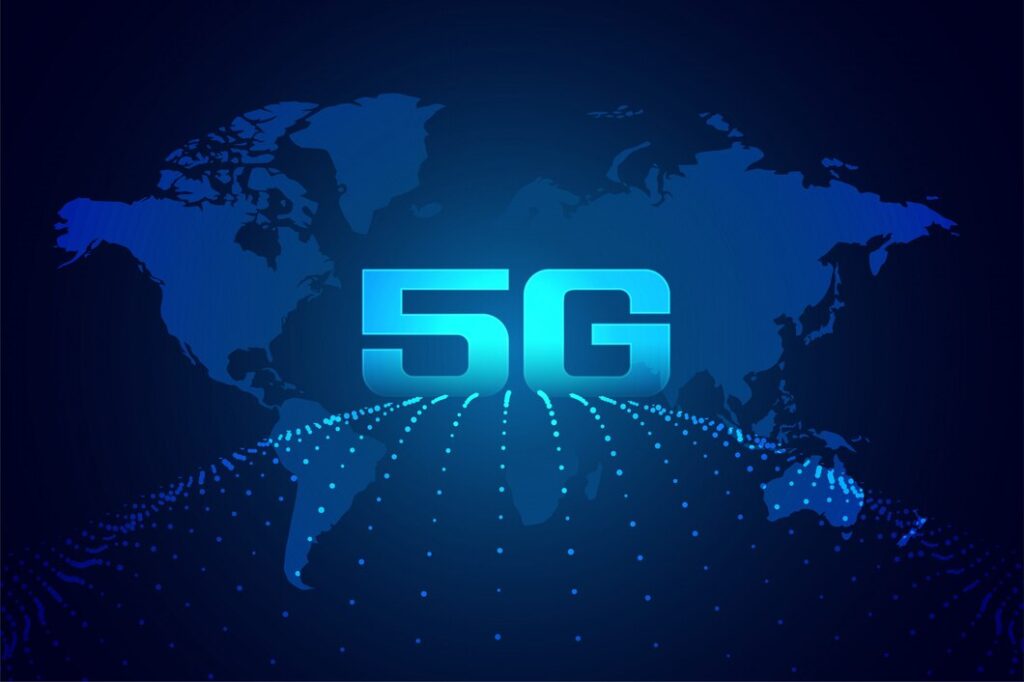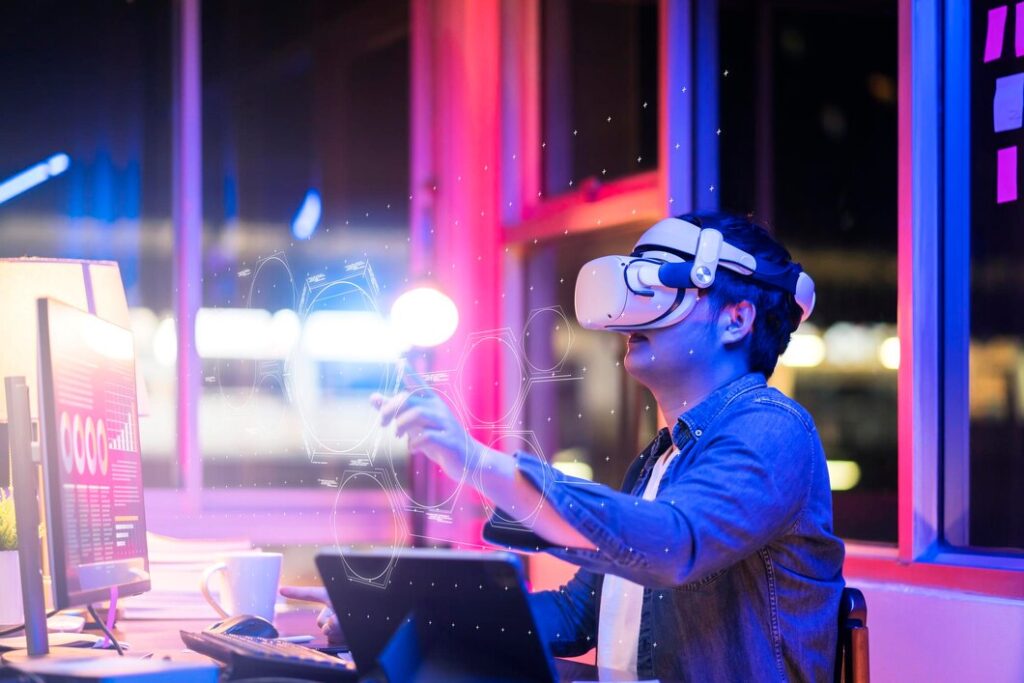
future of technology is an ever-evolving landscape that promises to transform the way we live, work, and interact with the world around us. From artificial intelligence to virtual reality, the innovations that are on the horizon are poised to shape our world in ways we can only begin to imagine.
One of the most exciting developments in technology is the rise of artificial intelligence (AI). AI is a field of computer science that aims to create machines that can perform tasks that typically require human intelligence. This includes things like understanding natural language, recognizing patterns, and making decisions based on data. Over the past few years, we have seen rapid progress in AI, with machines now able to perform complex tasks like playing chess, diagnosing diseases, and driving cars.
As AI continues to advance, it has the potential to revolutionize a wide range of industries. For example, in healthcare, AI-powered tools can help doctors diagnose diseases more accurately and develop personalized treatment plans for patients. In manufacturing, AI can be used to optimize production processes, reduce waste, and improve product quality. In finance, AI can be used to analyze market trends, detect fraud, and make investment decisions.
Another exciting technology on the horizon is virtual reality (VR). VR refers to the use of computer technology to create a simulated environment that users can interact with. This can be done through the use of specialized headsets, gloves, and other devices that immerse the user in a three-dimensional, computer-generated world.
The potential applications for VR are vast and varied. In the entertainment industry, VR can be used to create immersive gaming experiences, virtual concerts, and interactive storytelling. In education, VR can be used to create immersive learning environments that allow students to explore historical landmarks, conduct virtual experiments, and practice skills in a safe and controlled setting. In healthcare, VR can be used to create realistic simulations for training healthcare professionals and help patients manage pain and anxiety.
In addition to AI and VR, there are several other technologies that are poised to shape the future in significant ways. For example, the Internet of Things (IoT) refers to the network of interconnected devices that collect and share data with each other. This includes things like smart home devices, wearable technology, and sensors built into infrastructure such as roads and buildings. The IoT has the potential to create a world where everyday objects are connected and can communicate with each other, leading to greater efficiency, convenience, and even new business models.

Another exciting area of innovation is renewable energy technology. As the world grapples with the challenges of climate change and the need to reduce our reliance on fossil fuels, there is a growing focus on developing new technologies to harness clean and sustainable sources of energy. This includes things like solar panels, wind turbines, and advanced battery storage systems. As these technologies continue to improve and become more affordable, they have the potential to transform the way we produce and consume energy, leading to a more sustainable and environmentally friendly future.
One of the most promising areas of innovation is in the field of biotechnology. Advances in genetics, bioengineering, and other related fields have the potential to revolutionize healthcare, agriculture, and environmental conservation. For example, gene editing technologies like CRISPR have the potential to cure genetic diseases, create more resilient crops, and restore ecosystems that have been damaged by human activity.
As these and other technologies continue to advance, they are likely to have profound effects on our society, economy, and environment. While the potential benefits of these innovations are vast, they also raise important questions and concerns. For example, there are ethical considerations surrounding the use of AI and biotechnology, as well as concerns about privacy and data security in the age of IoT. Additionally, as technology continues to automate more tasks and processes, there are important questions about the future of work and the potential impact on jobs and the economy.
Despite these challenges, the future of technology presents us with a wealth of opportunities to improve our world in significant ways. By continuing to invest in research and development, and by ensuring that these innovations are used responsibly and ethically, we can look forward to a future that is safer, more efficient, and more sustainable.
In conclusion, the future of technology holds immense promise for shaping our world in new and exciting ways. From artificial intelligence to renewable energy, these innovations have the potential to transform industries, improve quality of life, and address some of the most pressing challenges facing humanity. While there are important questions and concerns to navigate, the potential benefits of these innovations are vast, and by working together to ensure that they are used responsibly and ethically, we can look forward to a future that is brighter and more promising than ever before.




